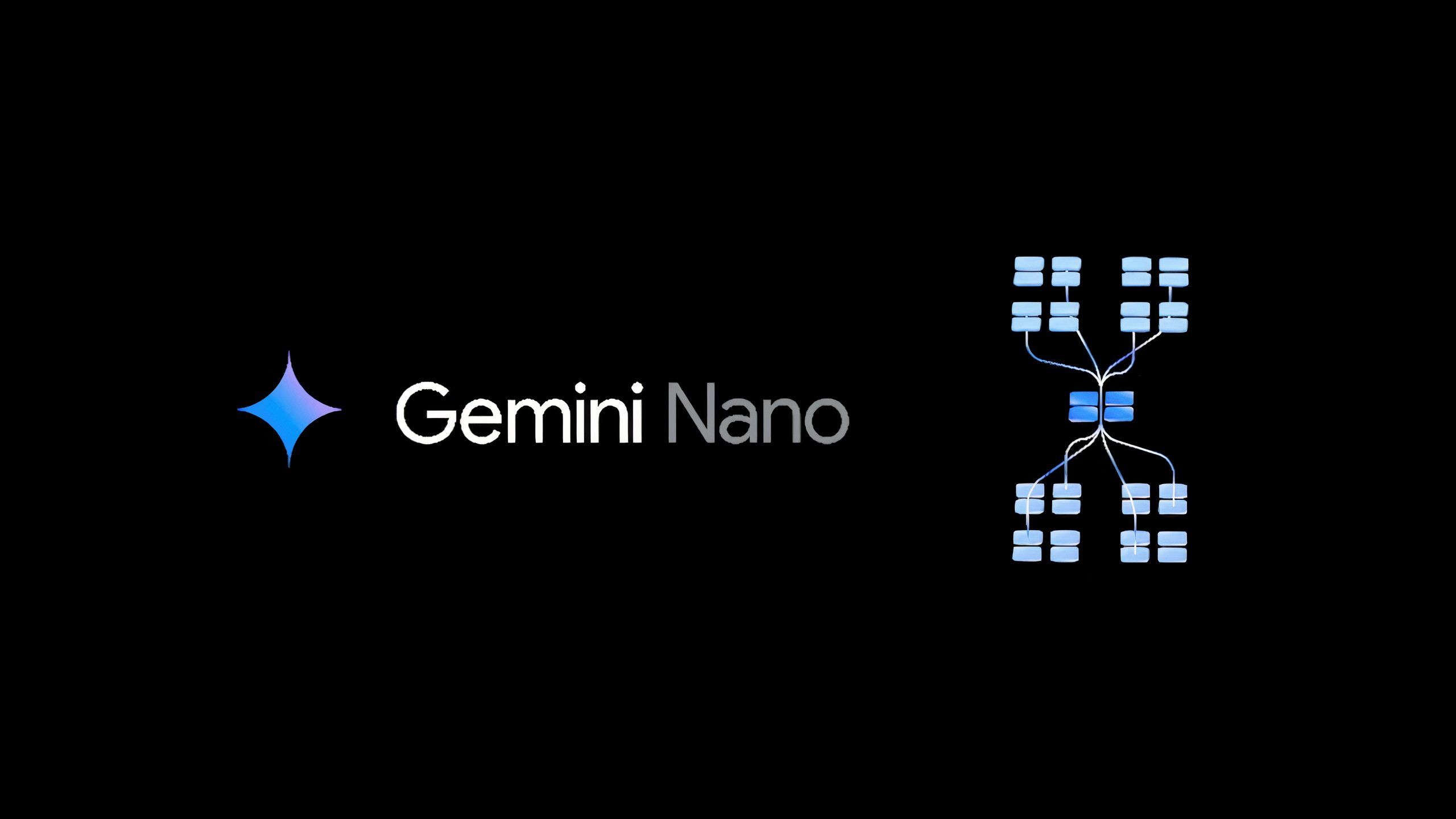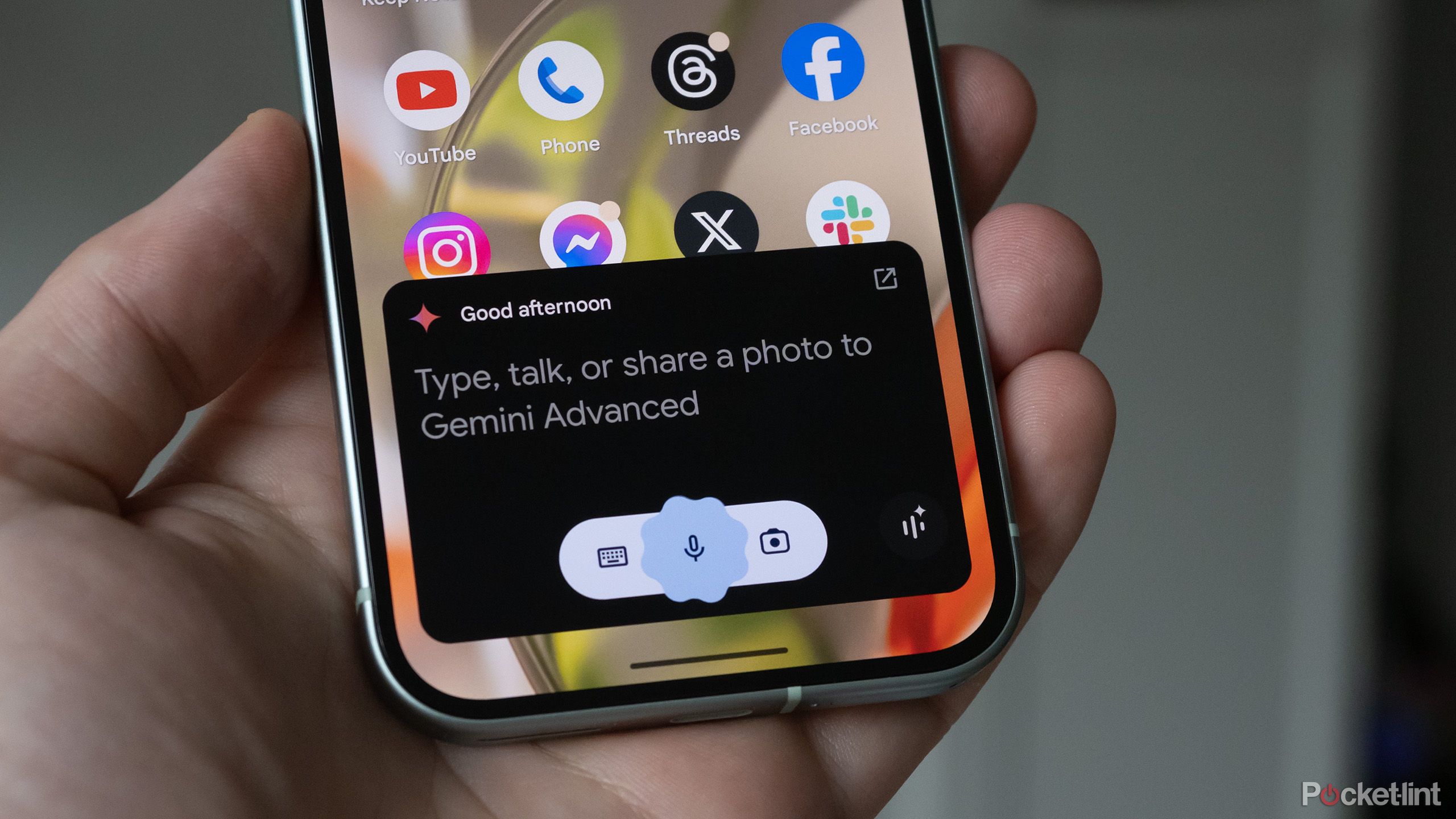
Key Takeaways
- Gemini Nano is Google’s on-device large language model (LLM) for Android phones.
- Gemini Nano is a miniaturized version of the full-sized Gemini LLM, and is intended for local use in consumer electronics.
- Only a few Android phones currently have access to the feature, with many more expected to arrive in the coming months and years.
Google’s Gemini technology can most easily be described as the company’s most significant consumer-facing AI initiative. Gemini is a large language model (LLM), which is a computational natural language network. These LLMs play a key role in powering AI chatbot technologies.
AI is all the rage these days in the tech space — OpenAI’s ChatGPT, Microsoft’s Copilot, Meta’s Llama, and others all vying for dominance in what is essentially a technological arms race.
Related
How Gemini Nano will change the way you use Google Chrome
Announced at Google I/O, here is what you can expect from Google’s new AI model.
Full-sized LLMs that power so many of the latest AI features are simply too complex and energy intensive to run on something like a smartphone. To combat this, miniaturized LLMs have been created that are more suitable for running locally and entirely on-device.
Google’s Gemini Nano is one such solution, and the search giant has ambitious plans to weave it into the fabric of the Android mobile operating system. The benefits of Gemini Nano’s on-device nature are clear: less reliance on the internet, speedier performance, less energy wastage, and improved user privacy.
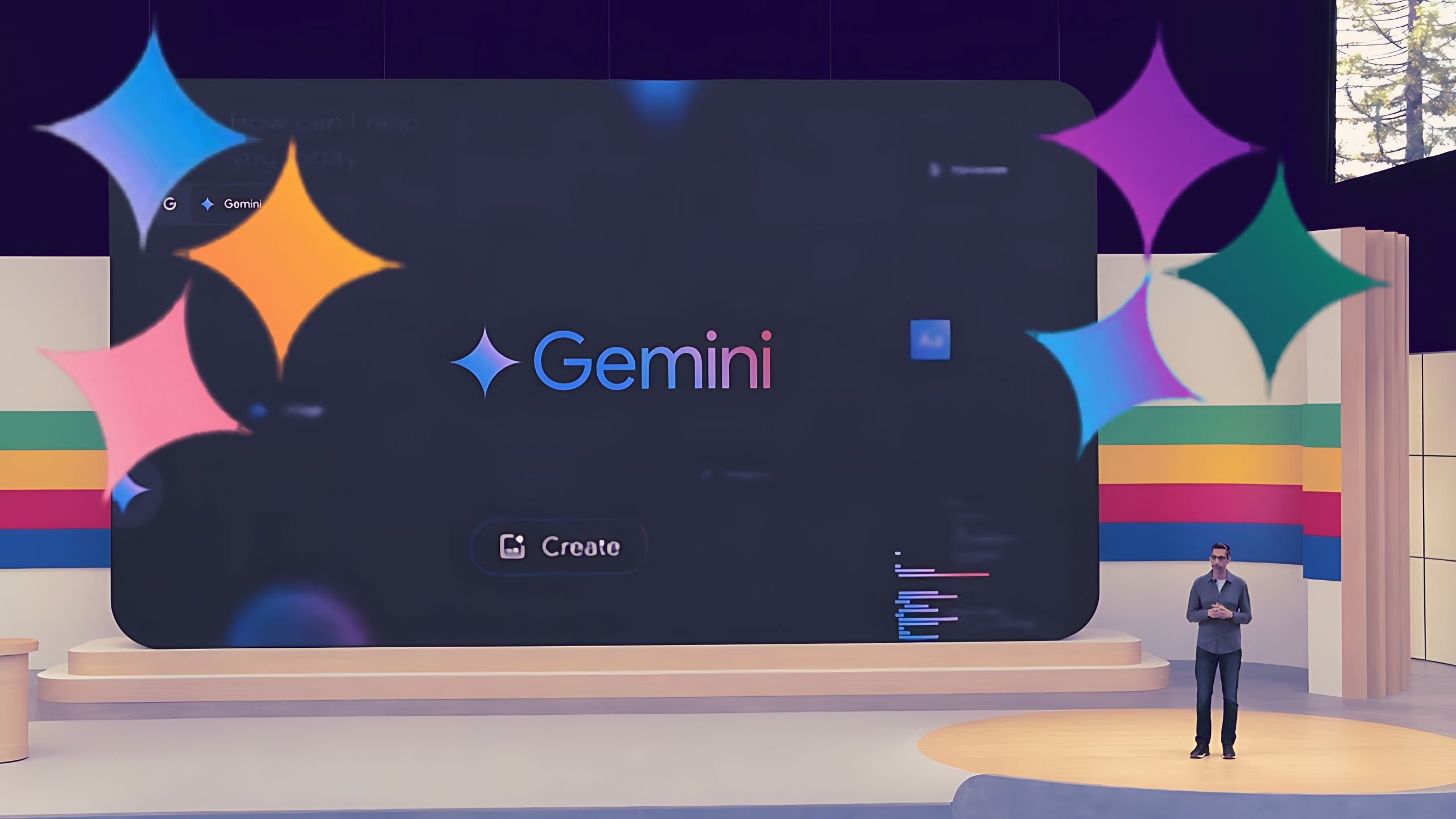
Related
11 annoying tasks Google Gemini will soon handle for you
Gemini 1.5 Pro will soon be able to answer questions about the world around you using video, among other key updates from Google I/O.
1 Which Android handsets currently have Google Gemini Nano built in?
At present, only a small helping of Android phones have access to the feature
The following Android phones are all endowed with Google’s on-device large language model:
- Google Pixel 9, Google Pixel 9 Pro, Google Pixel 9 Pro XL
- Google Pixel 9 Pro Fold
- Google Pixel 8, Google Pixel 8 Pro
- Google Pixel 8a
- Samsung Galaxy S24, Samsung Galaxy S24+, Samsung Galaxy S24 Ultra
- Samsung Galaxy S24 FE
- Samsung Galaxy Z Fold 6, Samsung Galaxy Z Flip 6
- Motorola Edge 50 Ultra
- Motorla Razr 50 Ultra
- Xiaomi 14T, Xiaomi 14T Pro
- Xiomi MIX Flip
- Realme GT 6
As expected, most of these phones all share something in common: they happen to be high-end flagship models from important OEM brands. It’s no surprise to see Google Pixel and Samsung Galaxy phones topping the list — the former represents hardware that is custom-made by the creators of Gemini Nano, and the latter brand pushes by far the most units within the Android market in North America.
It’s no surprise to see Google Pixel and Samsung Galaxy phones topping the list.
The inclusion of Motorola, Xiaomi, and Realme handsets are less likely additions, each brand accounting for a much smaller consumer base in the United States. That being said, these aforementioned brands are immensely popular on the world stage, and Google fosters close relationships with its hardware partners across the globe.
It’s worth noting that Google has created
a couple of distinct iterations
of Gemini Nano, and not every phone on this list is compatible with every new Android AI feature the company has released or is currently testing.
The Pixel 9 series, which is Google’s latest and greatest flagship offering, is currently the only handset lineup with access to the very latest edition of Gemini Nano. With that, a number of Pixel-exclusive AI features are best served under the company’s latest hardware portfolio.
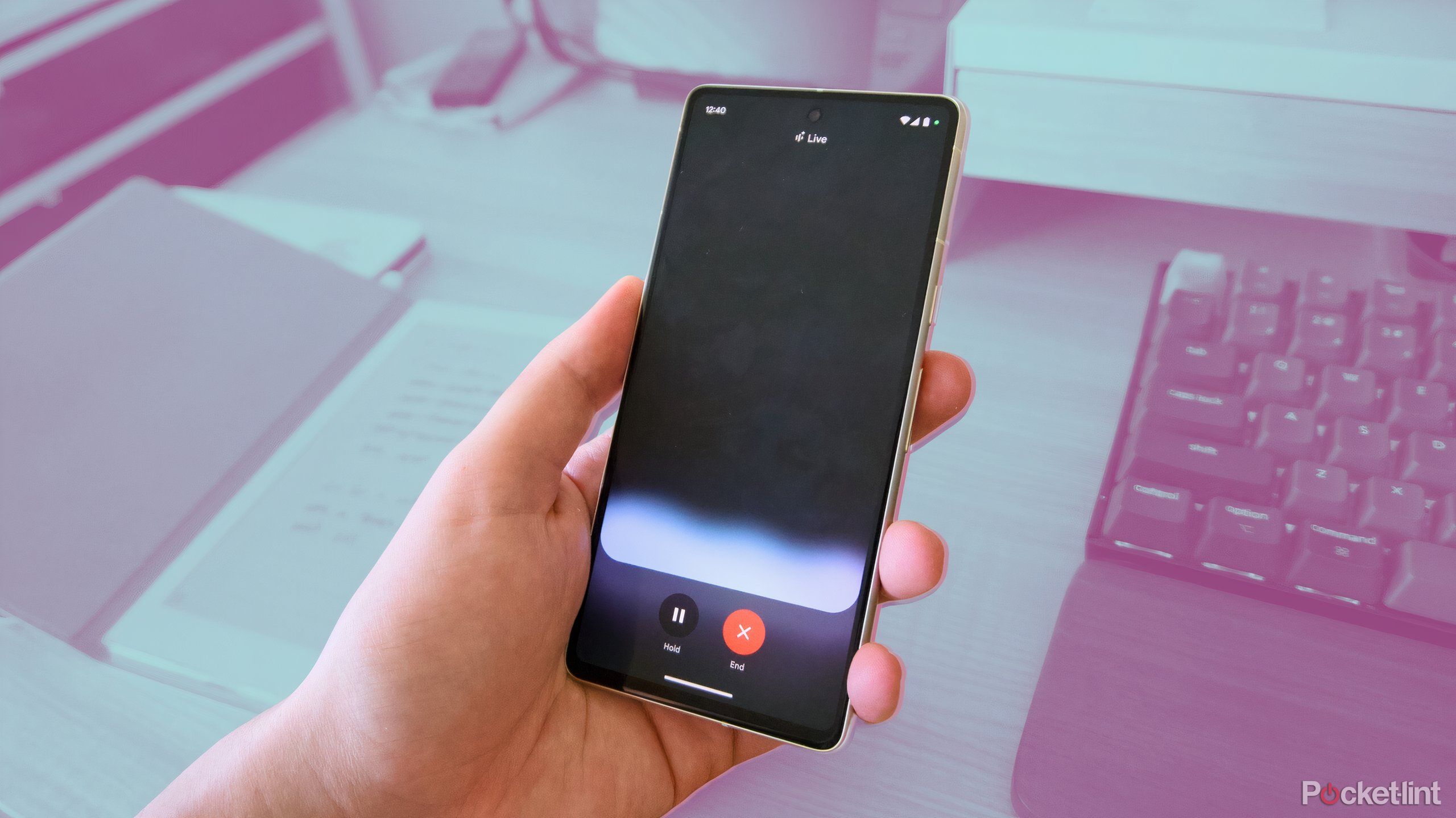
Related
How Gemini Live works on your device
Here’s how to enable Gemini Live on your device and start a real-time conversation with AI.
2 What’s next for Google Gemini Nano?
Expect the technology to rapidly improve, and to increasingly land on new Android flagships
As the race towards AI supremacy roars on, LLMs and their nano-sized counterparts will continue to improve, and likely at a rapid pace. As smartphone processor neural processing units (NPUs) continue to improve in both performance and efficiency, future prospects of on-device AI operating on any and every smartphone aren’t difficult to envision.
Though nothing can be said for certain, it’s a safe bet that all future Google Pixel handsets will launch with Gemini Nano out of the box. Google’s more affordable Pixel a lineup stands to benefit the most here, as the company goes out of its way to outfit the midranger with the same custom silicon it uses in its flagship devices.
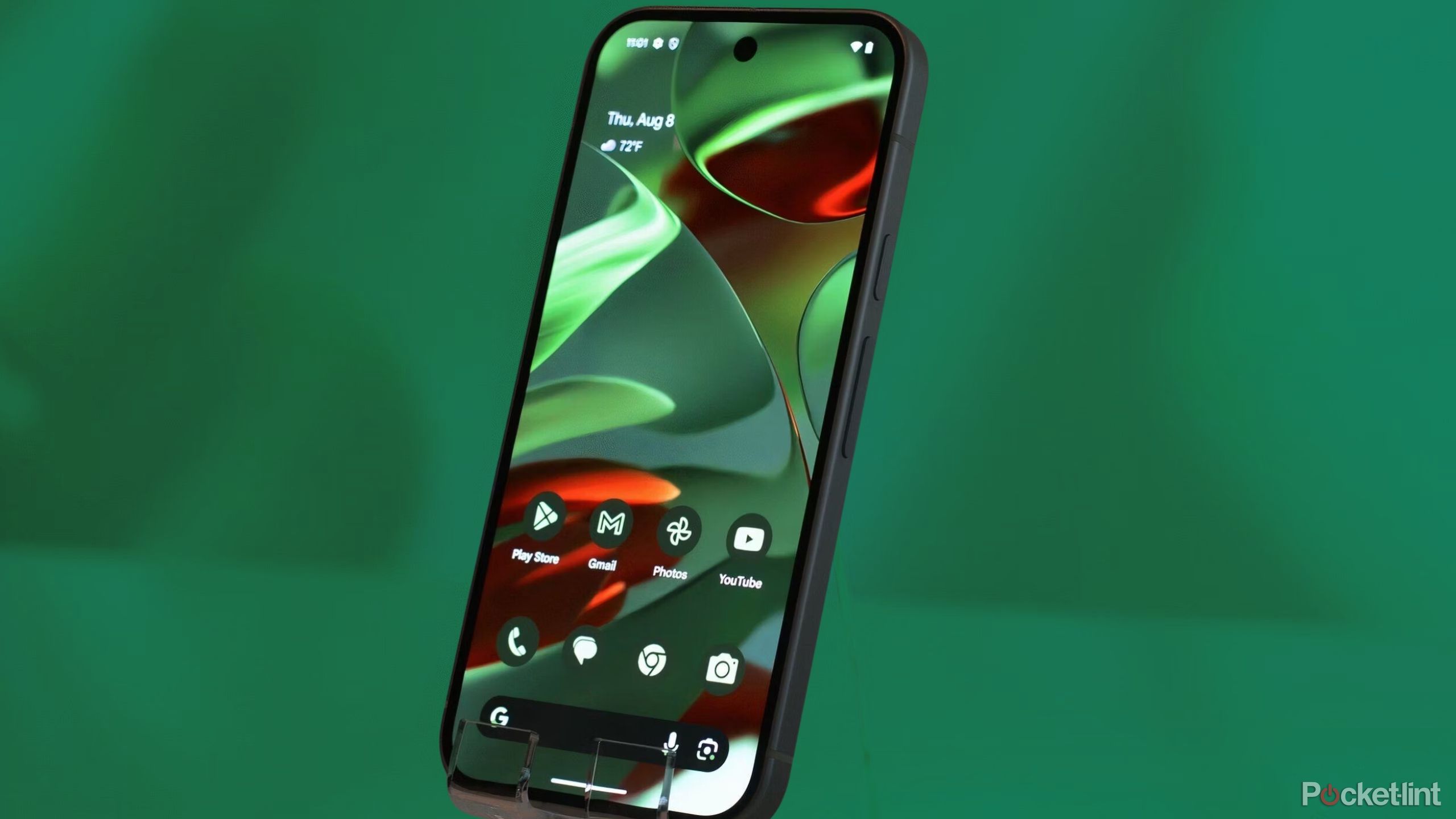
Related
5 cool things Google’s Gemini AI can do on your Pixel 9
The new Google Pixel 9 phones have some exclusive AI features.
Upcoming Samsung Galaxy flagships are likely to come with Gemini Nano from the get-go as well. After all, Samsung’s market cachet is seemingly near-impenetrable in the US.
I would wager to guess that within the next couple of years, we’ll start to see on-device LLMs start to ship regularly on midrange Android phones in addition to their flagship cousins. For the time being, Gemini Nano is effectively a premium feature reserved for cutting edge devices, but the democratization of LLMs is all but certainly just around the corner.

Related
10 Gemini Live features I can’t wait to try
Google’s AI sounds more human-like, but what, exactly, is Gemini Live capable of?
Trending Products


